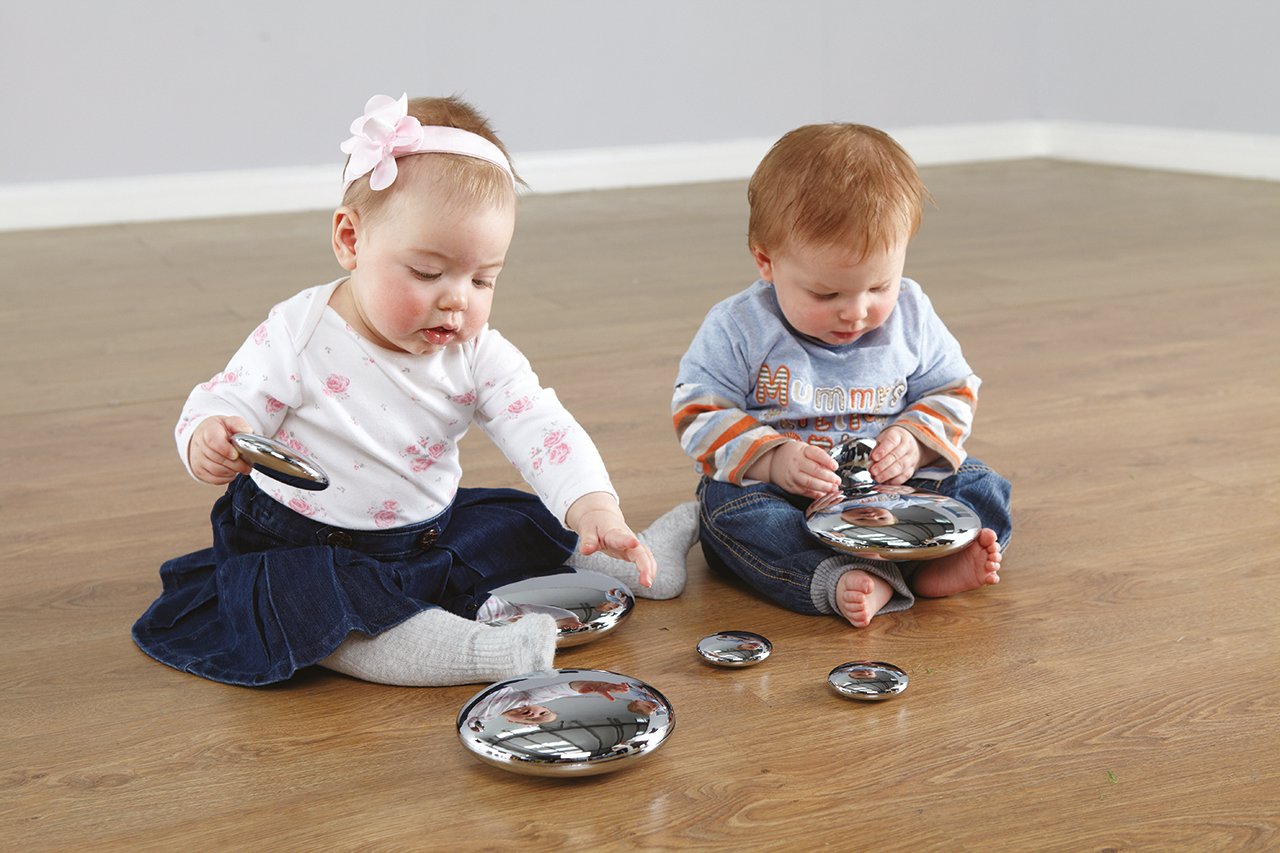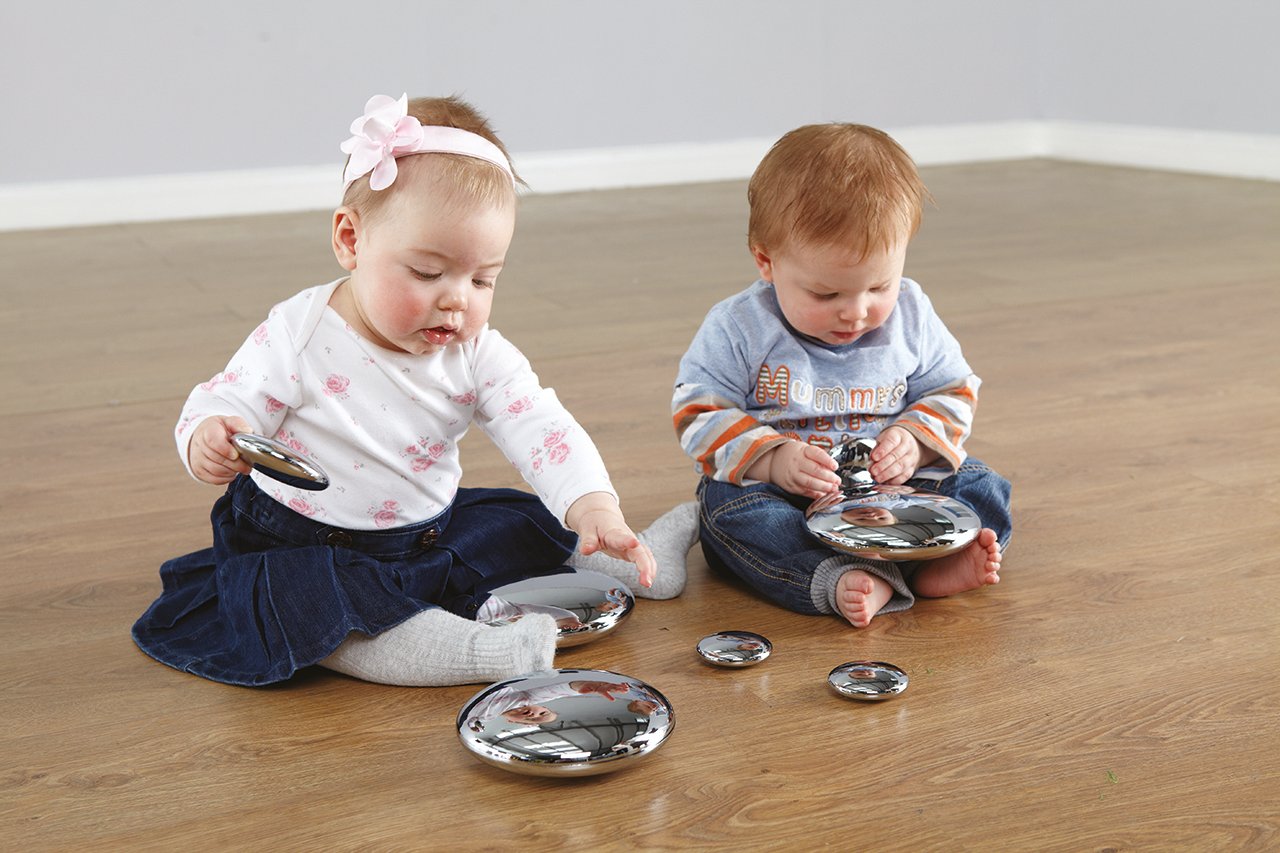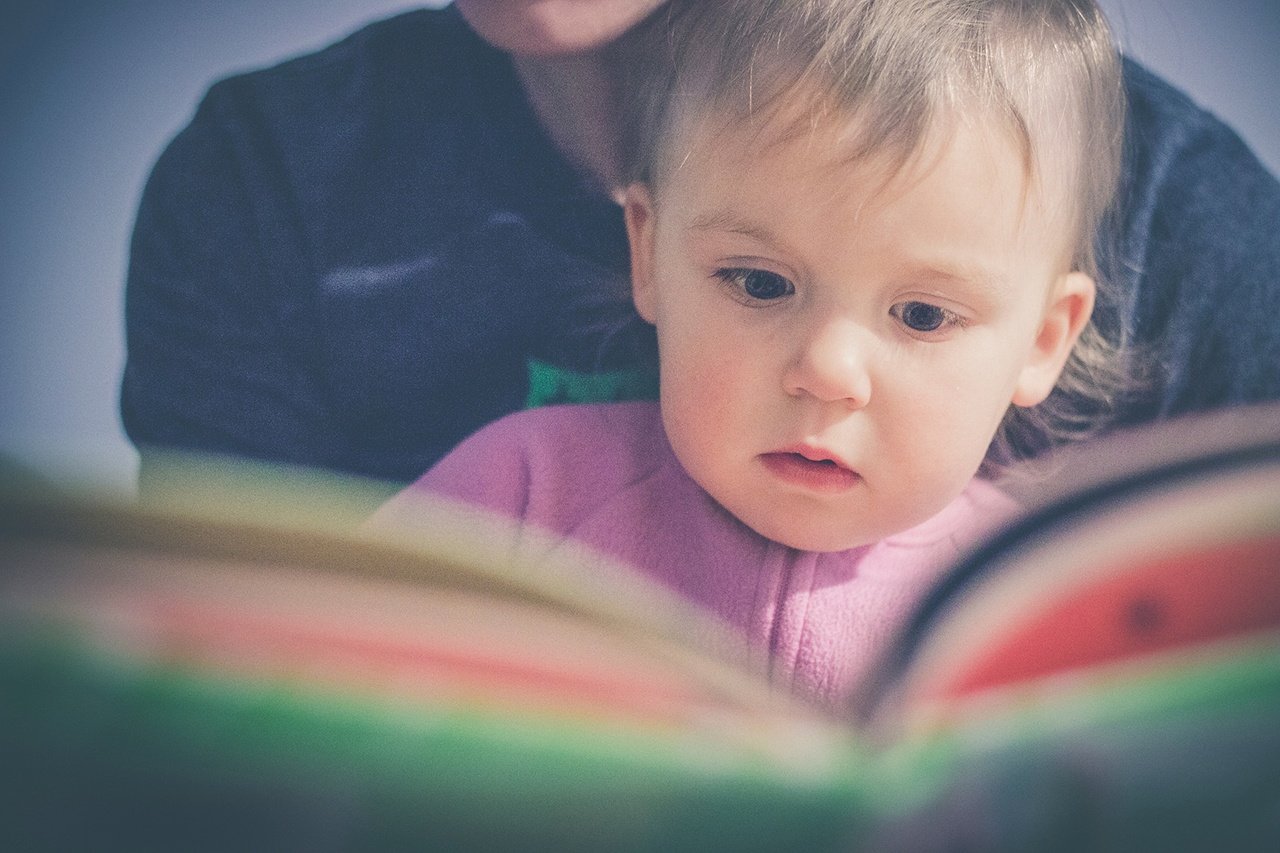Building blocks and construction toys are a staple in childcare facilities for preschool age children, but did you know the benefits of block play for babies and toddlers?
The lessons associated with constructive play are plentiful, and will provide young children with a venue for creative thought, problem-solving, honing their motor skills, and fostering strong social development.
Here are some of the major skills that are learned by introducing block play at a young age:
1. Gross and Fine Motor Skills
While children are shifting, scooting, crawling and stretching to complete their masterpiece, they are helping to strengthen their gross motor skills. Small muscle development in hands and fingers through constructive play will help to hone fine motor skills as children piece together interlocking blocks or add blocks to their structure with increasing skill and precision.
2. Spatial Reasoning
Construction toys provide understanding of how pieces fit together and encourages comprehension of differing directions, shapes, and spaces. Through critical thinking about whether a piece will fit or form the shape they desire, children will utilize and foster spatial reasoning.
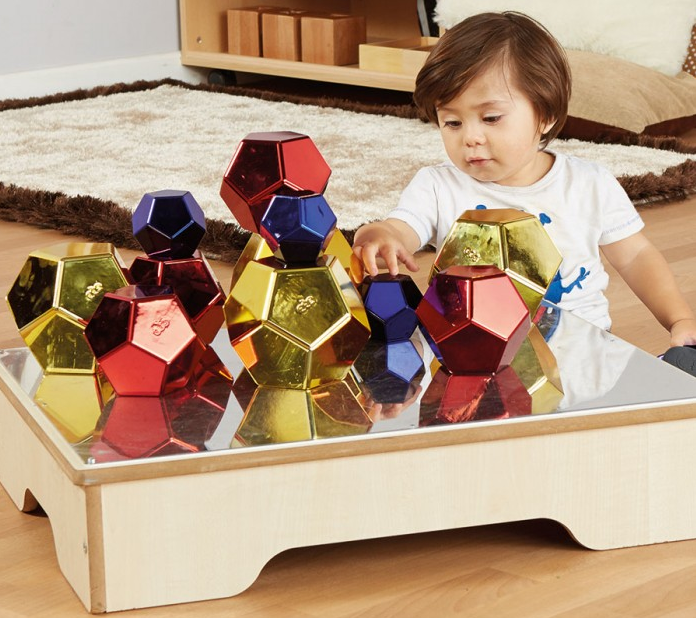 These Colourful Metallic Boulders can be stacked, sorted and rolled and are great for high level engagement. They can be used by kids of all ages in a variety of open-ended learning opportunities.
These Colourful Metallic Boulders can be stacked, sorted and rolled and are great for high level engagement. They can be used by kids of all ages in a variety of open-ended learning opportunities.
3. Hand-Eye Coordination and Dexterity
During play, children are enhancing their hand-eye coordination by understanding how they control their hands and fingers as well as figuring out the connection between touch and sight. By picking up blocks and placing them onto a structure or by connecting interlocking pieces, children develop awareness of the relation between their eyes and their own movements.
4. Problem Solving Skills
The trial-and-error nature of building blocks and other construction toys allows children to determine the best possible method with which to create their structure. As they erect their design and run into structural inadequacies, they will develop the ability to identify what is creating the problem in their structure, why it does not work, and how to modify their method.
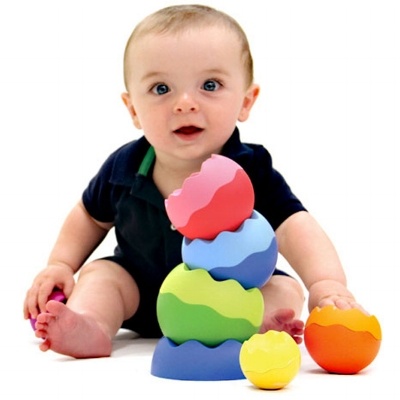
Little hands can’t get enough of the stacking, toppling, spinning, balancing, wobbling, tilting, and wiggling of Tobbles Neo . Great for both babies and toddlers.
5. Beginning Math and Science Skills
Children begin thinking about math when they are playing with blocks, even if they don’t know it. They count, compare size, name shapes, and combine two shapes to make another new shape. As they build, Children will test hypotheses and begin building scientific reasoning skills.
You can shop for construction toys online, or if you're still not sure which toys would be right for your facility, visit your local store and ask one of our experts! We're here to help!
BLOG FAQ
Exploring the Benefits of Block Play for Babies and Toddlers
-
At what age can babies and toddlers start benefiting from block play? Babies as young as 6 months old can begin exploring with soft blocks and gradually transition to more complex construction toys as they develop. Toddlers, starting around 18 months, can engage in more structured block play activities.
-
How does block play contribute to the development of motor skills? Block play helps strengthen both gross and fine motor skills. Babies and toddlers engage in various movements like shifting, scooting, and grasping, which enhance gross motor skills. Manipulating blocks with their fingers improves fine motor skills.
-
What role does spatial reasoning play in block play? Construction toys aid in understanding how pieces fit together and spatial relationships. Through trial and error, children develop spatial reasoning skills as they determine how to assemble structures and solve spatial puzzles.
-
How does block play support problem-solving skills? The trial-and-error nature of building blocks allows children to identify structural inadequacies and develop problem-solving abilities. As they encounter challenges, they learn to modify their approach and find creative solutions.
-
In what ways does block play promote early math and science skills? Block play lays the foundation for mathematical and scientific thinking. Children engage in activities like counting, comparing sizes, naming shapes, and combining shapes to create new ones. This process fosters early math concepts and scientific reasoning skills.
Sources: North Shore Pediatric Therapy and NAEYC


